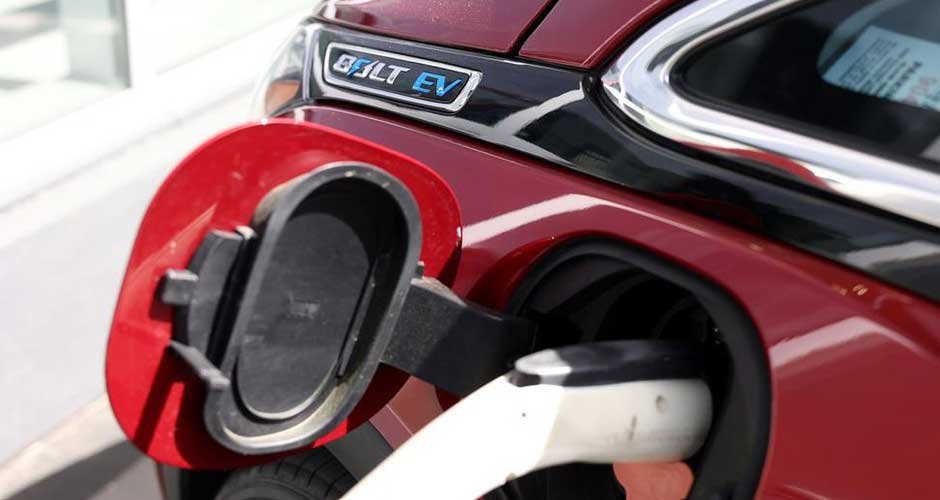In recent years, a silent revolution has been taking place on the streets: the rapid rise of electric cars. With advancements in technology and a growing concern for the environment, electric vehicles (EVs) have gained significant momentum as a cleaner and more sustainable mode of transportation. This article explores the transformative power of electric cars, their environmental benefits, and the potential financial advantages they offer to consumers.
1. Environmental Benefits:
One of the key driving forces behind the popularity of electric cars is their positive impact on the environment. Unlike traditional gasoline-powered vehicles, EVs produce zero tailpipe emissions, effectively reducing air pollution and combating climate change. By switching to electric, we can significantly reduce greenhouse gas emissions and improve air quality, leading to healthier cities and a more sustainable future.
2. Technological Advancements:
The continuous advancements in electric vehicle technology have made them more accessible and appealing to consumers. The development of high-capacity batteries and improved charging infrastructure has addressed the issue of limited range, making long-distance travel in electric cars more feasible. Additionally, the evolution of regenerative braking systems and energy-efficient designs has enhanced the overall efficiency and performance of EVs, making them comparable to their gasoline counterparts.
3. Cost Savings:
While the upfront cost of purchasing an electric car may be higher than that of a conventional vehicle, there are numerous cost-saving opportunities throughout its lifespan. Electric cars have lower operational costs, primarily due to the reduced reliance on fossil fuels. The cost of electricity for charging an EV is generally cheaper compared to the cost of gasoline, resulting in lower fuel expenses. Furthermore, electric vehicles require fewer maintenance services, as they have fewer moving parts and no need for oil changes. Over time, these savings can offset the initial purchase price, making electric cars a more financially viable option.
4. Government Incentives:
To encourage the adoption of electric vehicles, many governments around the world have implemented attractive incentives. These incentives can include tax credits, rebates, and subsidies that significantly reduce the cost of purchasing an electric car. Furthermore, some regions offer additional benefits such as reduced registration fees, access to carpool lanes, and free parking for EV owners. These incentives not only make electric cars more affordable but also contribute to a greener transportation system on a larger scale.
5. Charging Infrastructure:
A robust charging infrastructure is crucial for the widespread adoption of electric cars. Fortunately, there has been a rapid expansion of charging stations in recent years, making it easier for EV owners to find places to recharge their vehicles. Public charging stations are increasingly common, and businesses, cities, and even households are installing private charging points. With the growing network of charging infrastructure, the range anxiety associated with electric cars is diminishing, further boosting their appeal.
6. Auto Financing Options:
Another key aspect of the rise of electric cars is the availability of auto financing options specifically tailored for EVs. As the demand for electric vehicles increases, financial institutions and automakers are offering competitive financing packages, including low-interest rates, flexible repayment terms, and specialized loan programs. These financing options make purchasing an electric car more accessible to a wider range of consumers, easing the financial burden of owning an environmentally friendly vehicle. Additionally, some financial institutions may offer incentives or discounts for electric vehicle financing, further reducing the overall cost of ownership. The availability of auto financing options specifically designed for electric cars helps accelerate their adoption and ensures that consumers have affordable pathways to enter the electric vehicle market.
Conclusion:
The rise of electric cars not only presents environmental benefits, technological advancements, cost savings, government incentives, and an expanding charging infrastructure, but it also offers specialized auto financing options. As electric vehicles become more mainstream, the availability of attractive financing packages plays a crucial role in making these vehicles financially viable and accessible to a wider consumer base. With the convergence of environmental consciousness, technological advancements, cost savings, and favorable financing options, electric cars are poised to revolutionize transportation and shape a cleaner, more sustainable future. If you’re staying near Calgary, the best place to buy a used car is Stampedeauto.com.


